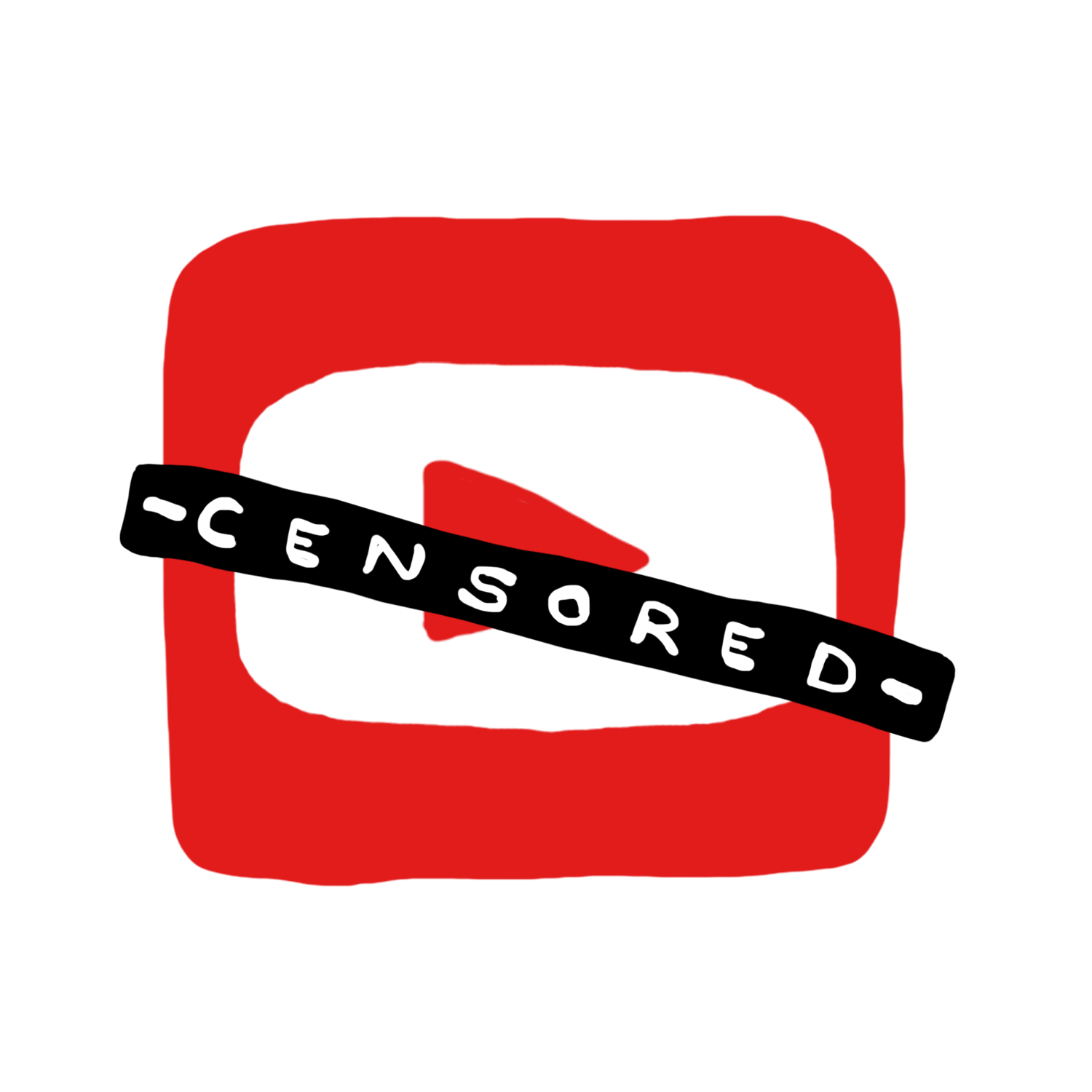Content creators have to watch what they say if they want to be advertiser-friendly
In the past few years, YouTube has established itself as more than just a video-sharing platform. With Google AdSense and advertisements on every video, the website’s content creators have been able to make a living off of their videos.
One would just have to look at gaming YouTuber PewDiePie, who according to Forbes, makes close to $7 million a year—to see how successful content creators can become.
However, recently, more and more YouTubers have been noticing that their videos can no longer be monetized from ads because YouTube has been flagging their videos as not “advertiser-friendly.” This means that they cannot make money off of the ads played on their videos. For YouTubers who use the platform to make a living, the demonetization of their videos can affect their livelihood.
The biggest YouTuber to bring this issue to light was news and entertainment host Philip DeFranco. On Aug. 31, he posted a video called “YouTube Is Shutting Down My Channel and I’m Not Sure What To Do.” In the video, DeFranco said 12 of his videos had been demonetized for inappropriate language and graphic content.
According to YouTube’s policy, the things that DeFranco was flagged for were considered unsuitable for advertising. The policy states that content that has sexually suggestive elements, violence, inappropriate language and controversial and sensitive topics, will not be able to be monetized.
This practice that YouTube has adopted is especially concerning, considering that news channels reporting on hot-button issues are being flagged as well. The progressive news outlet, The Young Turks, reported on their YouTube channel that hundreds of their videos were flagged for containing words such “feminism,” “ISIS” and “terrorism” in either the video’s title or metadata. Metadata provides a description regarding other data data, and essentially categorizes and analyzes the item’s content, according to techterms.com.
Before, YouTube did not have these rules in place and content creators were free to talk about whatever they wanted to—without having to worry about not making money. YouTube claims these rules have always been in place, but reports of demonetization only began around the same time that DeFranco made his video denouncing it. An article by observer.com, showed that YouTube has had their advertising policies in place since March of 2015. YouTuber and Concordia University professor Gad Saad reported on The Rubin Report on Aug. 8 that he had been hit with demonetization in the past, however, due to his channel not being as large, the story was never reported. Saad’s case is a perfect example of how YouTube has been lowkey hurting it’s content creators, without the public knowing.
YouTube’s new terms of service when it comes to advertisements is deeply disturbing, not to mention very anti-free speech. News channels that rely on YouTube are now going to see a decline in revenue, since many of the topics they report on are no longer advertiser-friendly, according to YouTube.
Furthermore, YouTubers like MrRepzion, The Amazing Atheist and Saad will no longer be able to make as much money on YouTube due to their stances on issues such as religion, feminism and the Middle East.
In the past, YouTube was regarded as a platform for free speech, but now it has become part of the political correctness hysteria. These new monetization rules are essentially telling content creators that certain opinions and topics are okay to profit off of, while others are simply too provocative or controversial. If YouTube is going to have monetization, it should either be for all or for nobody.
To add insult to injury, YouTube is not looking past titles and metadata to assess the content. YouTuber Boogie2988 reported on his channel that a video of his had been taken down for having the word “suicide” in the tags. However, the video was about his personal struggle with depression. Boogie was just trying to help other people by detailing his experience, yet his positive message was deemed “not advertiser-friendly”.
YouTube’s new rules are ultimately a sly attempt at silencing those who are controversial, without simply deleting their accounts—that would be too obvious. However, in addition to limiting free speech, YouTube has failed by falsely flagging people and putting their livelihoods at stake.
If this policy isn’t changed, the end of YouTube might be closer than we think.
Graphic by Thom Bell





What we need to establish is if these polices are applied regardless of political spectrum or message placement. I.e a feminist and an anti-feminist are both demonetized regardless of message. That being said regardless if the rules are evenly enforced it is still a travesty for such a large social portal to gauge what is and what is not appropriate for its views as of course content creators are monetarily subject to their policy. And videos are income to these individuals, no revenue no videos in many cases. Censorship in the form of financial castration. Even an activist needs to eat to spread his message and now Google can decide which messages are allowed to be spread, in effect.